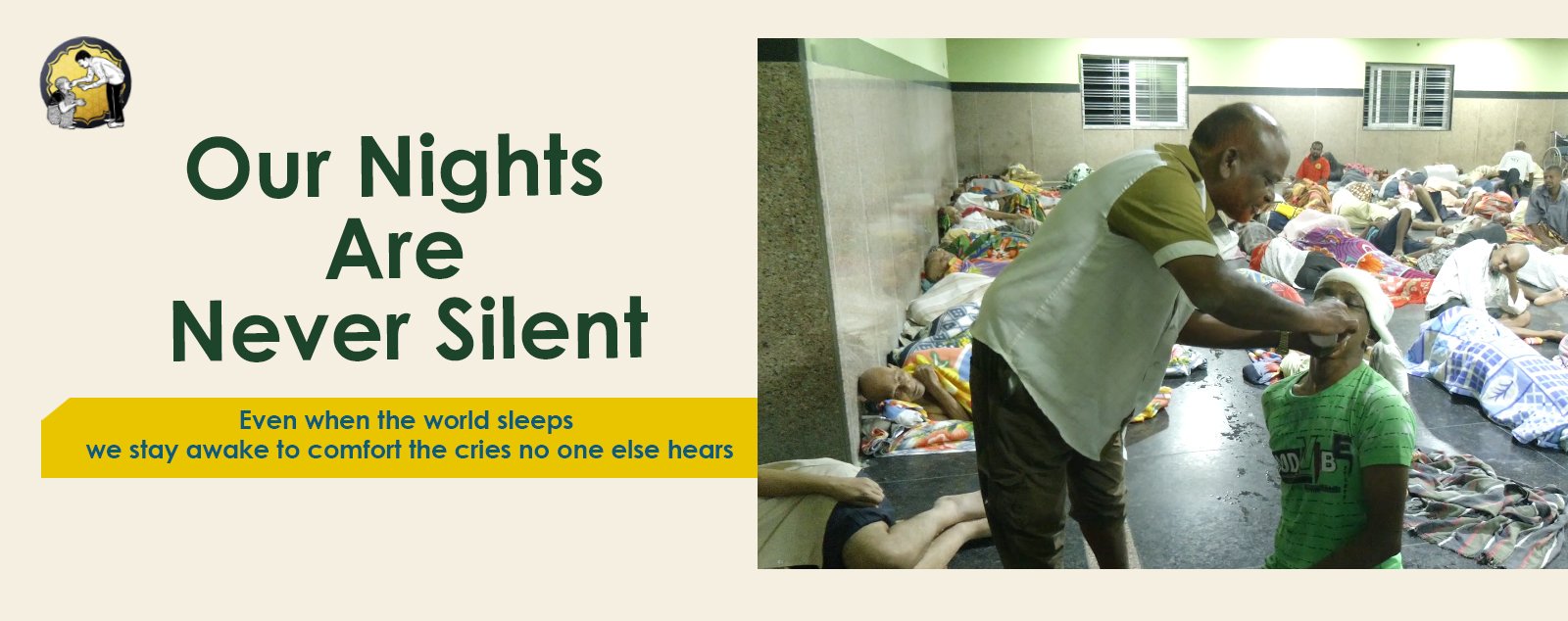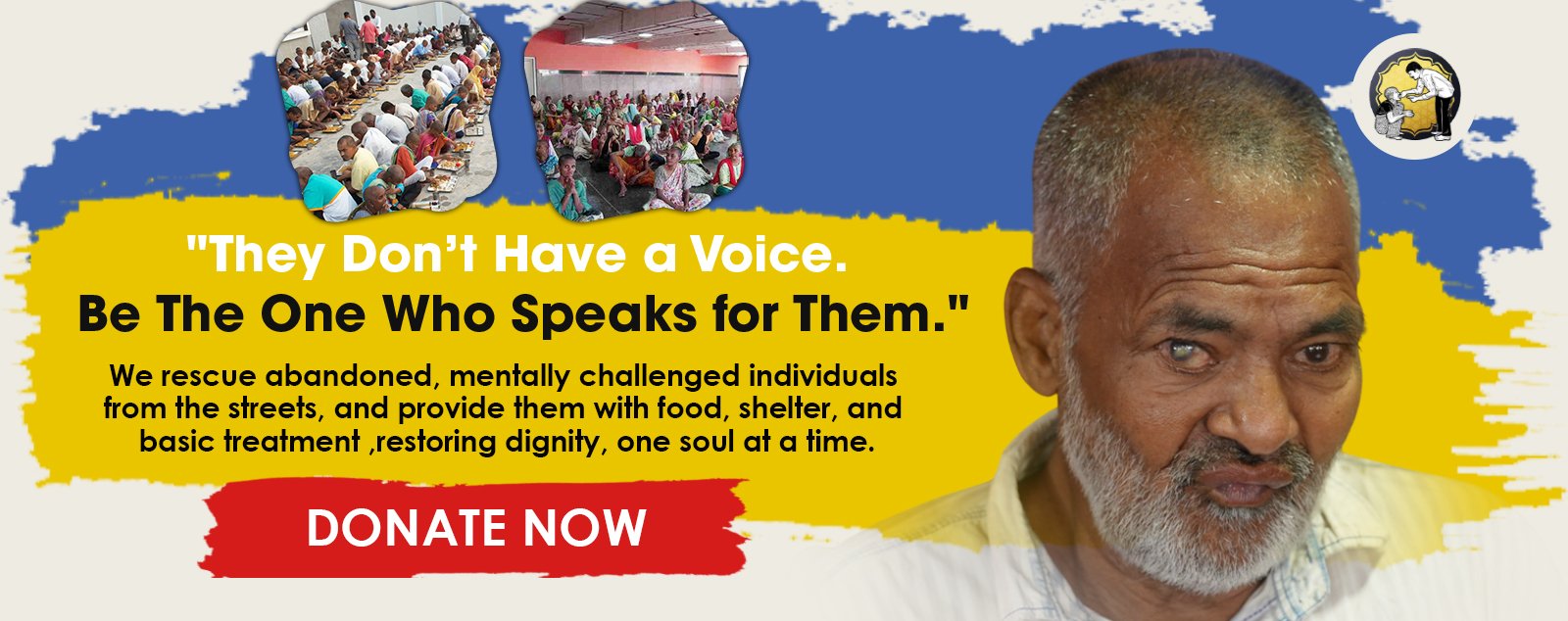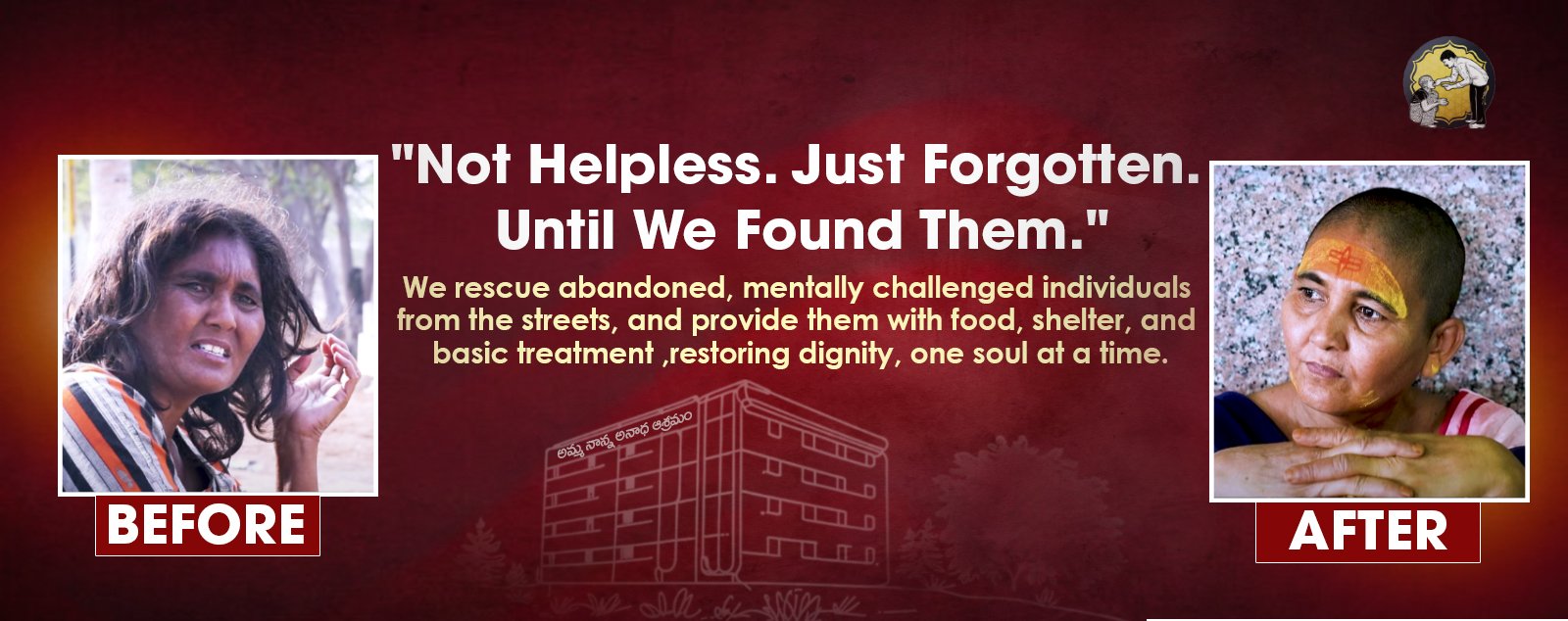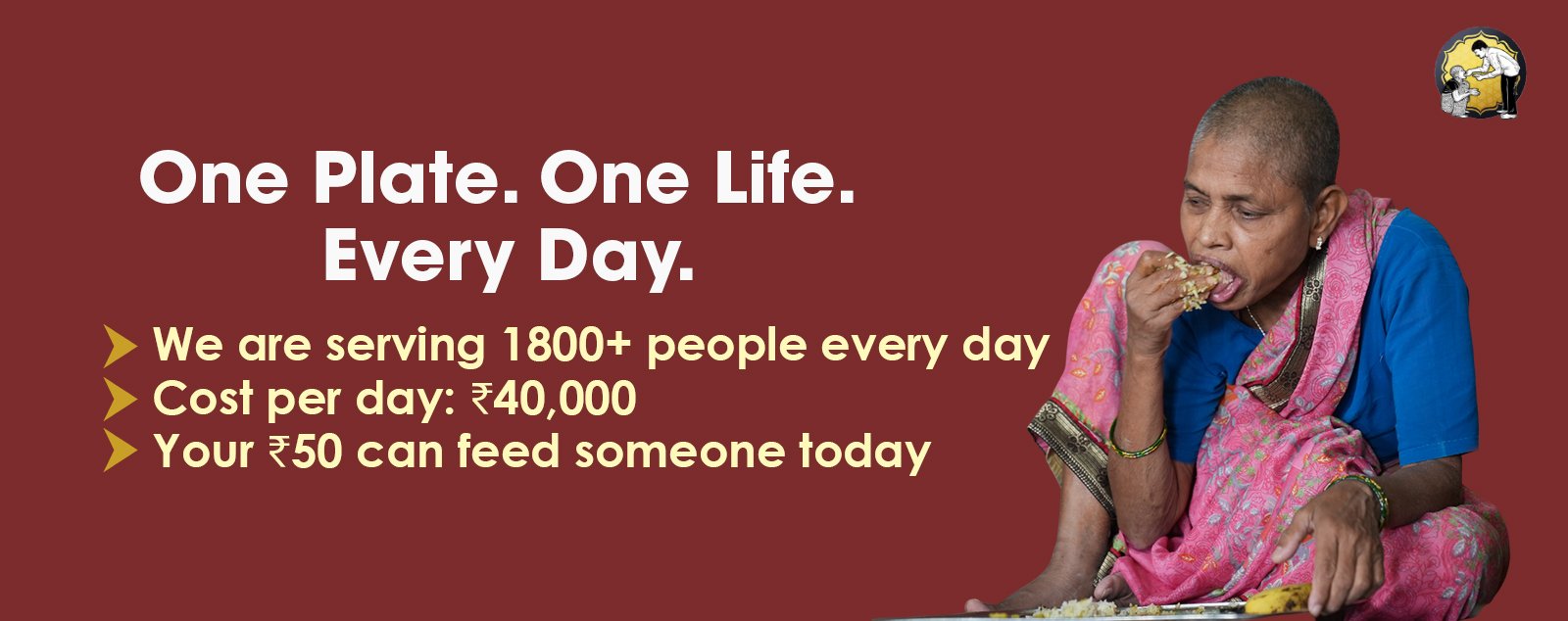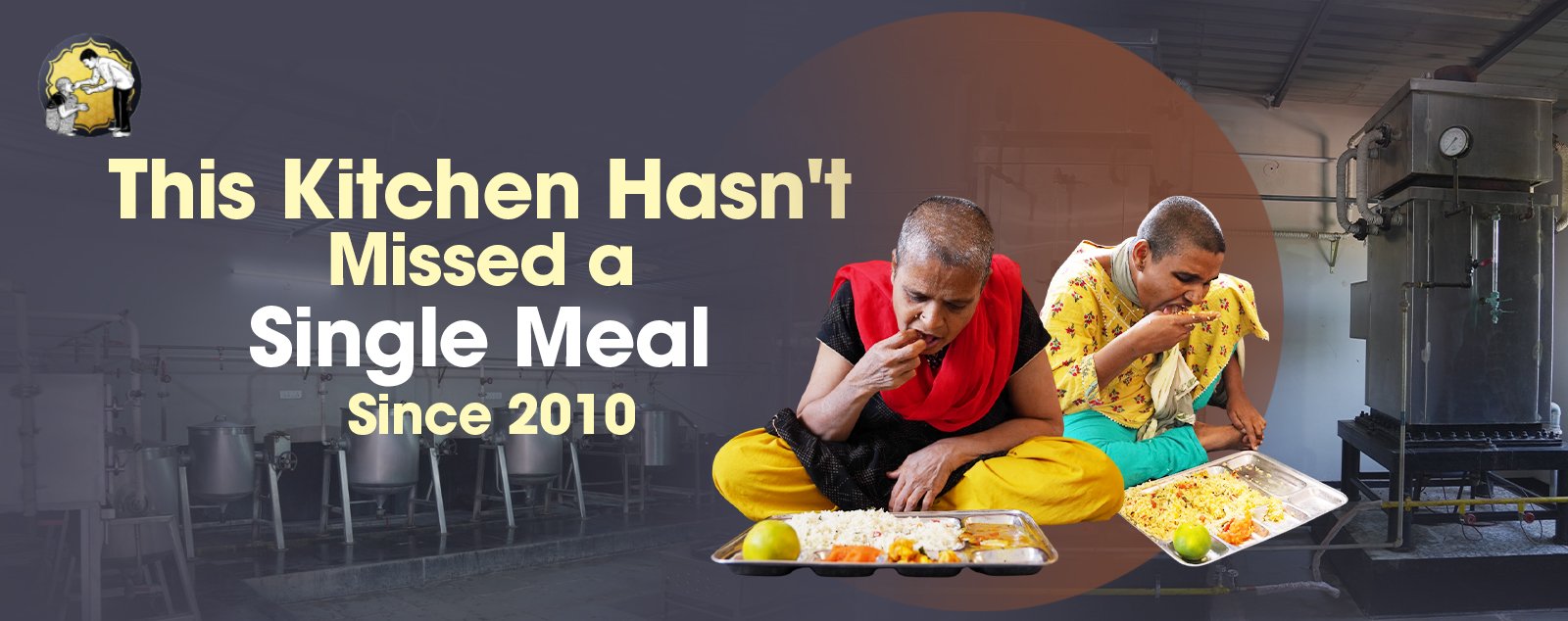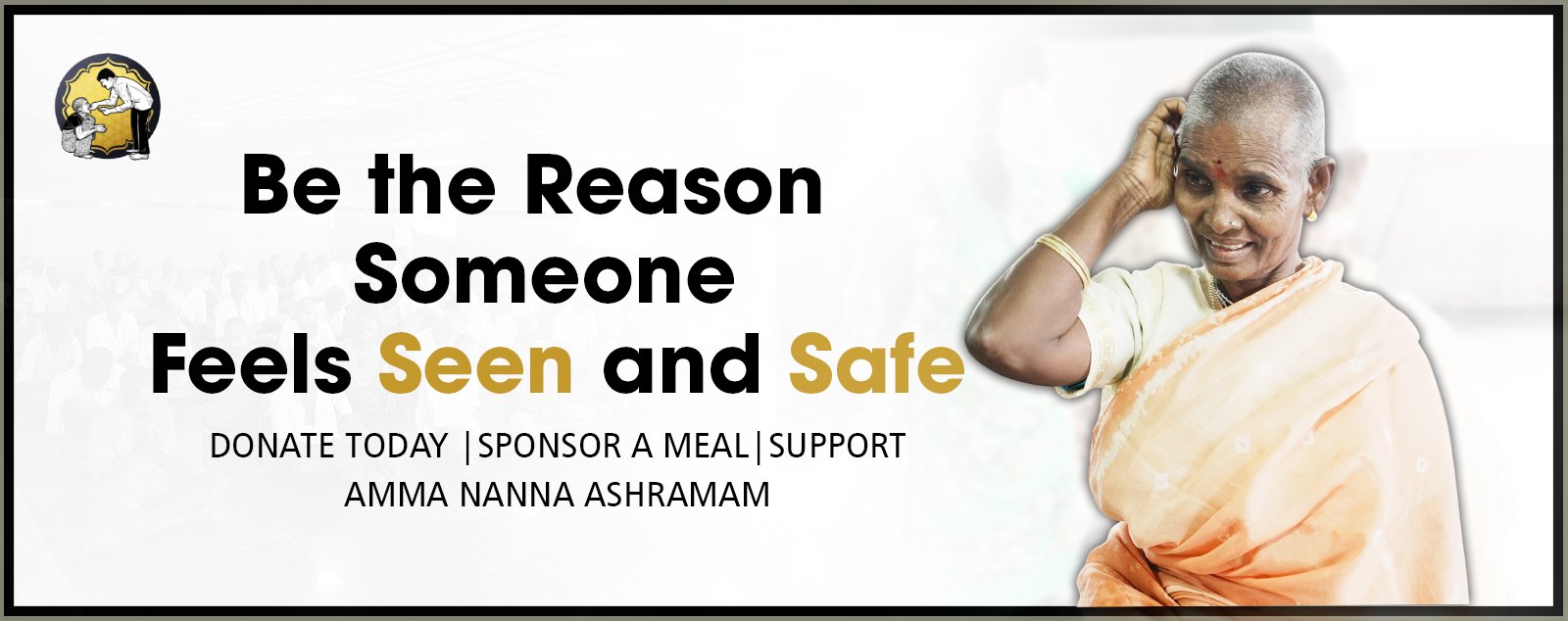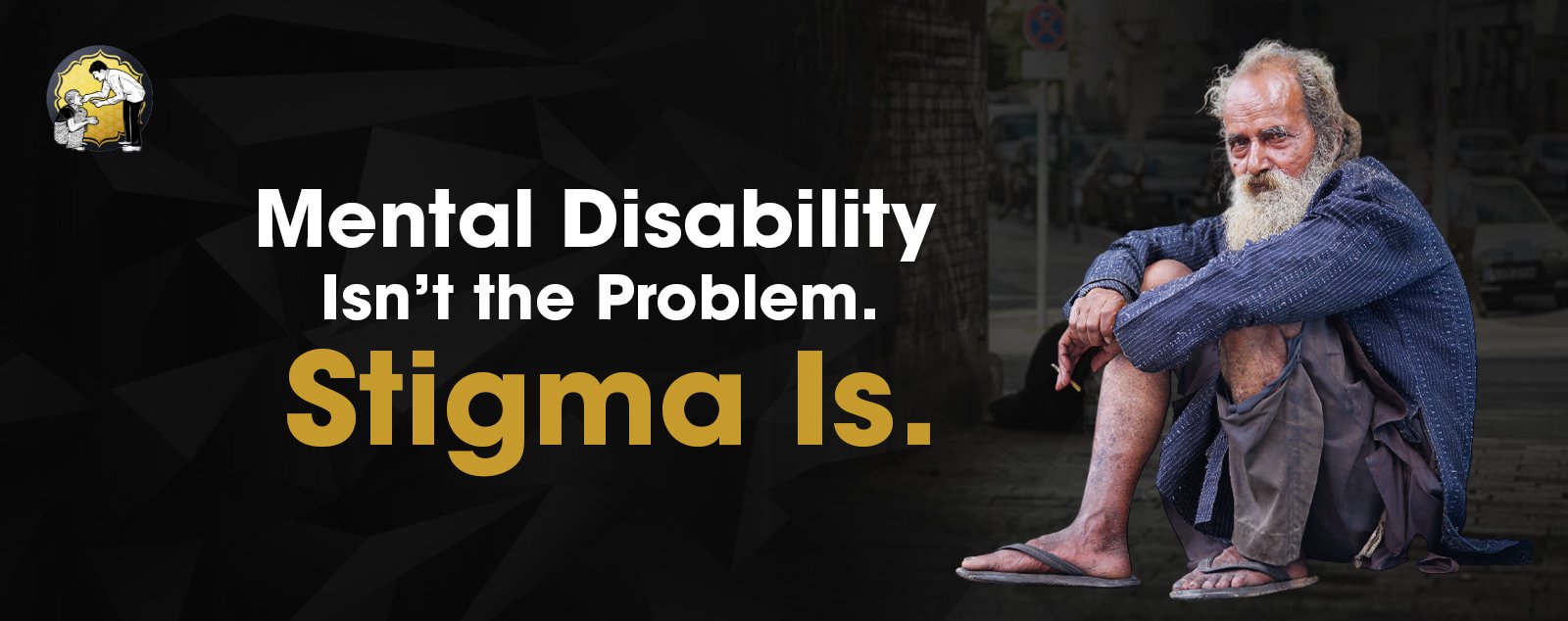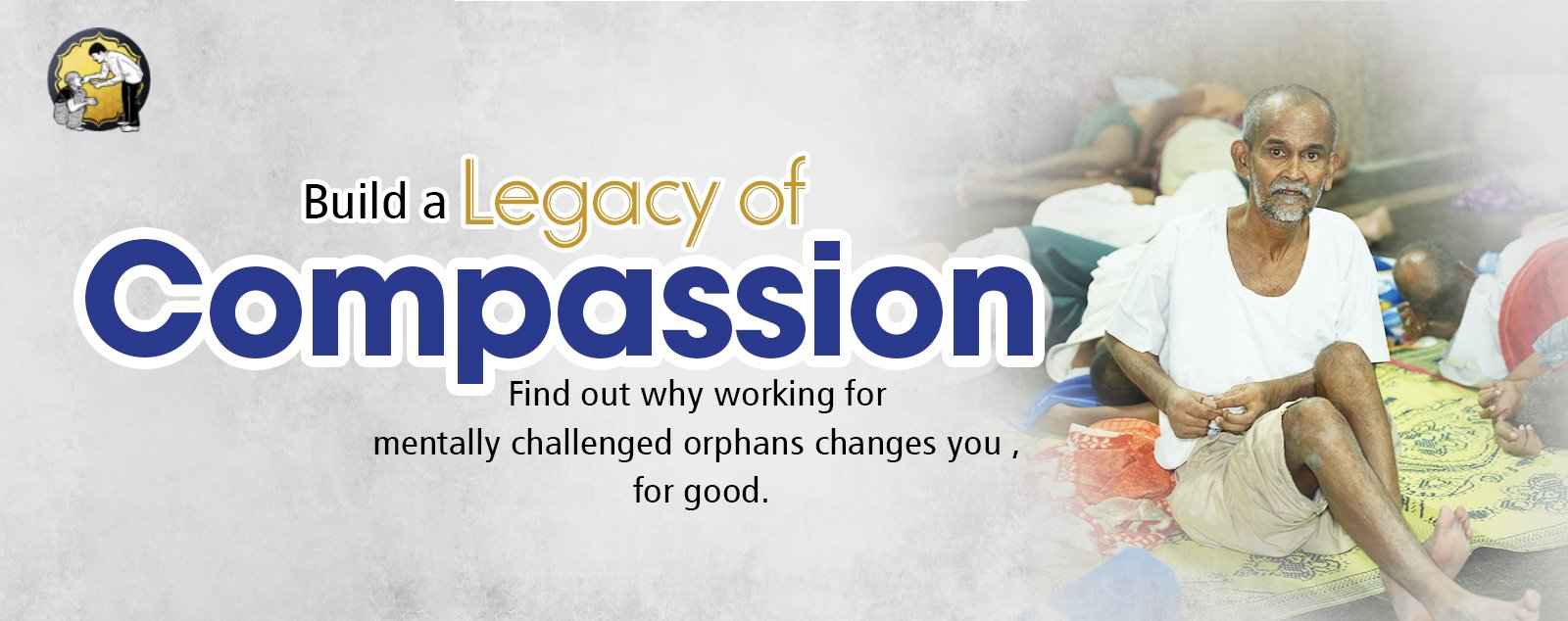- News
- News Blog
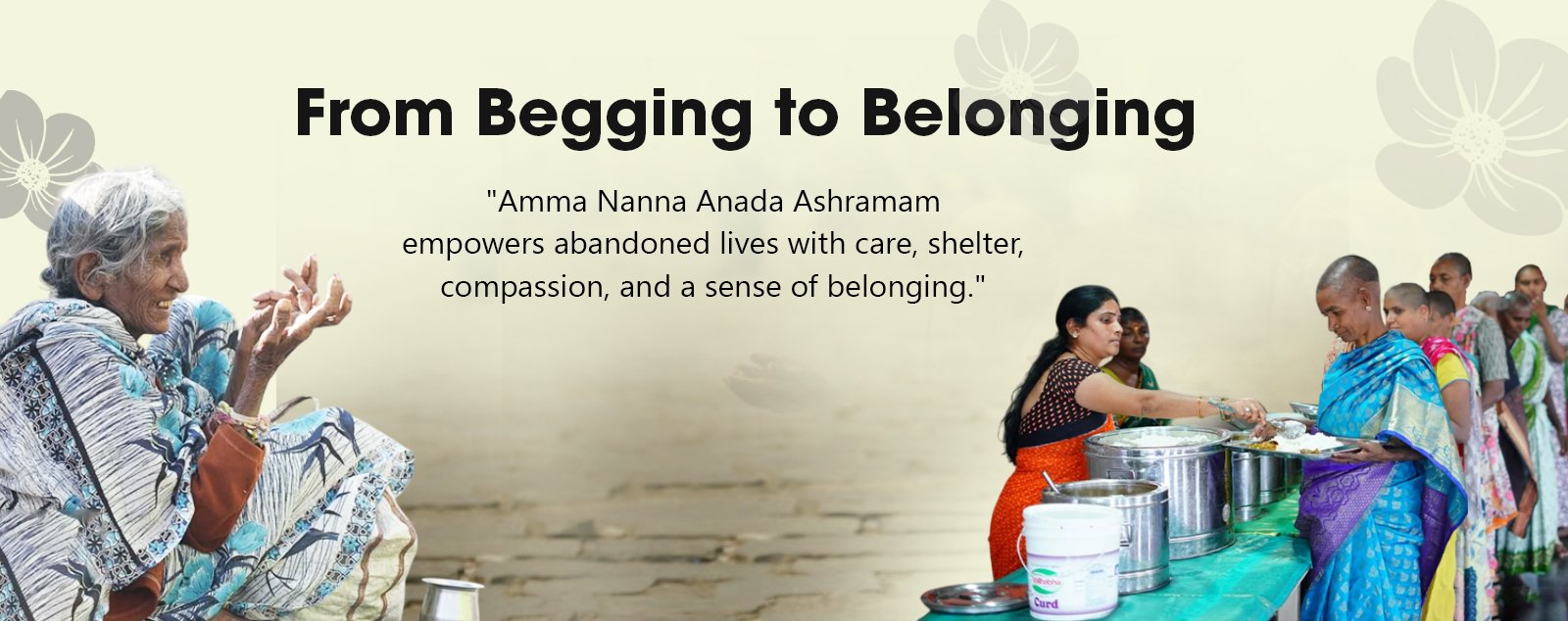
How NGOs Are Transforming the Lives of Beggars in India
From Begging to Belonging
in a country where millions struggle to find shelter, food, and dignity, the sight of beggars on the streets is an everyday reality. But behind this harsh truth lies a wave of silent revolution driven by NGOs across India — organizations that are transforming lives, one step at a time.
From providing food and shelter to enabling long-term rehabilitation and reintegration into society, these NGOs are not just offering charity — they’re offering hope.
The Harsh Reality of Begging in India
India is home to an estimated 4 to 5 lakh people engaged in begging, many of whom are elderly, disabled, mentally challenged, or abandoned. Life on the streets strips people of their dignity, safety, and basic rights.
Most beggars live without proper food, healthcare, or shelter. Many are exposed to abuse, disease, and neglect. However, NGOs are stepping up to bridge this humanitarian gap.
What NGOs Are Doing Differently
Here’s how dedicated NGOs are transforming the lives of beggars in India:
1. Rescue and Shelter Services
Organizations like Amma Nanna Anada Ashramam, and others are actively identifying beggars from railway stations, traffic signals, and roadside areas — especially those who are mentally challenged or ill — and providing immediate shelter, food, and clothing.
These shelters serve as safe spaces that restore basic human dignity.
2. Rehabilitation and Mental Health Support
Rescue is just the beginning. Many beggars suffer from mental illness or addiction. NGOs like Shraddha Rehabilitation Foundation focus on mental health care, detox programs, and therapy — crucial for helping individuals rebuild their lives.
3. Skill Development and Employment Opportunities
Some NGOs go beyond relief by offering vocational training and employment support. From tailoring and crafts to farming and small business skills, these efforts aim to help individuals become self-reliant and break the cycle of poverty.
4. Family Tracing and Reintegration
Several beggars are on the streets due to getting lost or abandoned. NGOs often work with local authorities to trace families and reunite people with their loved ones — offering a second chance at life.
5. Awareness Campaigns and Street Outreach
Many NGOs conduct outreach programs to educate the public on how to support beggars meaningfully — encouraging donations to shelters rather than giving money directly.
This shift in mindset promotes long-term solutions over temporary fixes.
Also Read: What is the Outlook for Mentally Challenged Orphans in India
Real-Life Impact Story
At Amma Nanna Anada Ashramam in Choutuppal near Hyderabad, a middle-aged mentally challenged man was found wandering with injuries. After being admitted, he received medical treatment, nutritious meals, and emotional care. Over weeks, he began speaking and smiling again. Today, he helps in the ashram’s kitchen — contributing to feeding over 600 residents every day.
This is not just recovery. This is transformation.
Final Thoughts
Begging is not a choice for most — it is a result of deep-rooted social, mental, and economic challenges. NGOs across India are lighting the way toward dignity, inclusion, and hope. Their work proves that even the most forgotten lives can be transformed with compassion, structure, and support.
Let’s support these warriors of change.
Let’s ensure no one is left behind.
